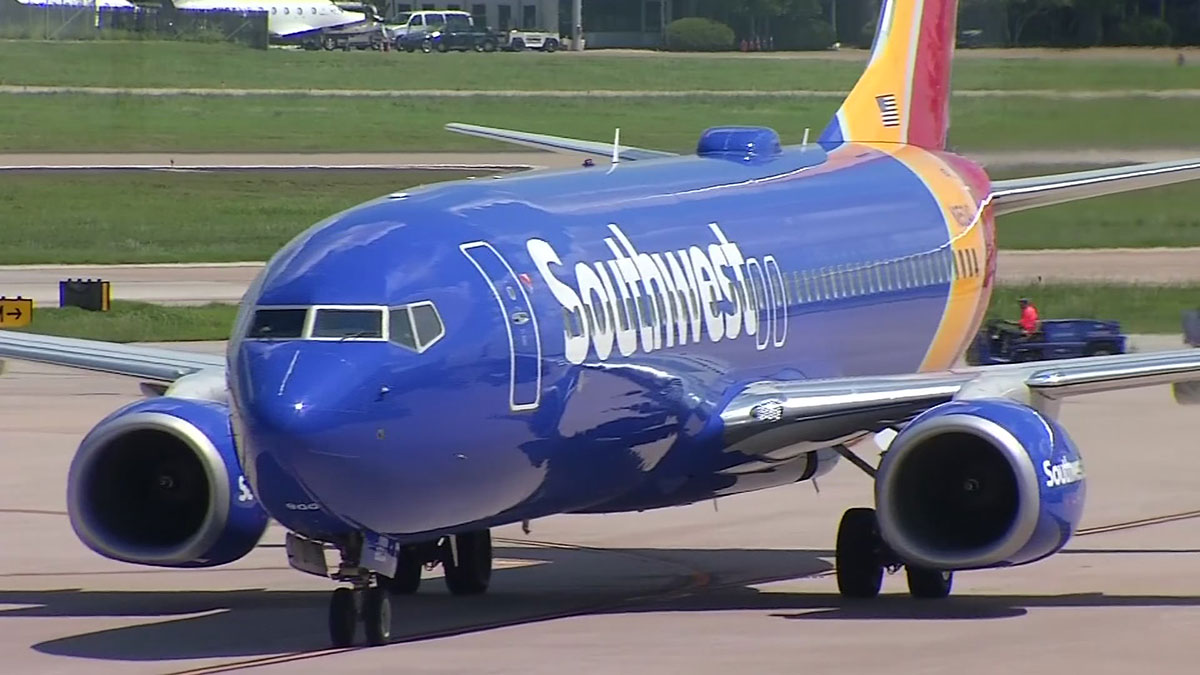
Facing a key bankruptcy court hearing and broad objections from attorneys representing child-sex-abuse victims and insurance companies, attorneys for the Boy Scouts of America have submitted a revised reorganization plan with details about the finances of its local councils.
The BSA submitted the latest revisions to its plan and an accompanying disclosure statement late Sunday as attorneys prepare for a Wednesday hearing that could determine whether the organization can meet its goal of emerging from bankruptcy this fall.
The Boy Scouts are seeking approval of the disclosure statement formally explaining its bankruptcy plan to creditors. The judge must approve the disclosure statement before the BSA can begin soliciting votes on its plan, but it has been roundly criticized by other parties for lacking necessary details.
Seeking to address some of the objections, the BSA updated its plan with balance sheet summaries for local councils and appraisals on properties they own.
Get DFW local news, weather forecasts and entertainment stories to your inbox. Sign up for NBC DFW newsletters.
The Boy Scouts previously said the councils would contribute at least $425 million into a trust for abuse victims and would assign certain insurance rights in return for being released from further liability.
Attorneys for the victims have argued that BSA has yet to provide details on which councils would contribute to the trust, what their financial assets are, and what claims each council faces. Without that information, they contend, abuse victims cannot determine whether the plan is fair. They also note that no council has made a binding commitment to pay anything.
Sunday’s court filings address some of those questions, but with caveats.
Business News
“We want to underscore that local councils are legally separate, distinct, and financially independent from the national organization,” the BSA said in a statement Monday. “Additionally, the data included in these filings is not necessarily indicative of the assets available for contribution to the trust.”
According to the court filings, the councils have combined net assets of about $3.3 billion, but that amount includes $1.4 billion in assets that are considered restricted and thus not available to creditors. The filings also include a breakdown of the number and types of claims filed against the councils, although many claims are purportedly barred by the passage of time. Of the 1,550 identified claims against the Michigan Crossroads Council, for example, only 58 are not time-barred, according to the BSA.
“Local councils are thoughtfully considering how they can meaningfully contribute to the trust and ensure that Scouting can continue its vital mission in their area into the future,” the BSA said.
The Boy Scouts of America, based in Irving, Texas, sought bankruptcy protection in February 2020, seeking to halt hundreds of lawsuits and create a compensation fund for men who were molested as youngsters decades ago by scoutmasters or other leaders.
Attorneys for abuse victims have said they would go after properties and assets owned by local councils. The councils, which run day-to-day operations for local troops, are considered legally separate entities by the Boy Scouts, even though they share insurance policies and are considered “related parties” in the bankruptcy.
Attorneys for the Boy Scouts have estimated that between $2.4 billion and $7.1 billion, including insurance rights, might be available for abuse victims. The official tort claimants committee, which is charged with acting as a fiduciary for all abuse victims, estimates the value of some 82,500 sexual abuse claims at about $103 billion.
Meanwhile, the BSA took aim Monday at one of its biggest insurers.
“We are deeply disappointed that Century Insurance Group, the insurer to which national BSA and local councils paid hundreds of thousands of dollars over the course of decades, is refusing to contribute its due to the trust or participate in mediation in a meaningful way,” the BSA said. “Instead of working cooperatively to reach an agreement to compensate survivors, Century appears to be engaging in tactics calculated to slow down the legal process.”
Century declined to comment but said in a court filing that Wednesday’s hearing should be postponed two weeks so other parties can respond to the revised plan.
Last month, another insurer, The Hartford, agreed to pay $650 million into the victims trust in exchange for being released from any further obligations under policies dating to 1971. But The Hartford would be allowed to pay a lesser amount if the BSA or the settlement trust reaches an agreement with Century and Century’s settlement amount is less than two times The Hartford’s, or $1.3 billion.
Century has criticized plaintiffs’ attorneys for aggressive marketing efforts to sign up potential claimants and suggested that many of the resulting claims could be invalid.
In addition to the contributions from The Hartford and the councils, the BSA has said it would contribute about $119 million in cash and noninsurance assets to the trust. BSA and local council insurance policies would also be assigned to the trust.
The BSA, its 250-odd local councils and hundreds of sponsoring organizations such as churches and civic groups would be released from further liability in exchange for contributions to the trust.



